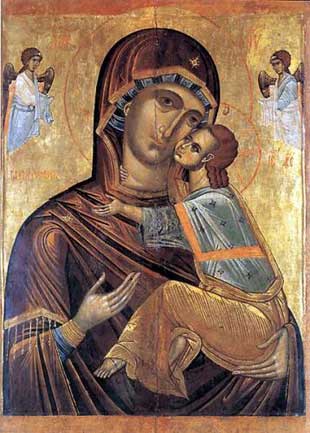Embodied Religion

Changing Meanings of Body and Gender in Contemporary Forms of Religious Identity in Finland – Faculty of Theology, University of Helsinki
About the project
The project aims at developing an interdisciplinary research trajectory that combines research on religion as it is lived (ethnographic methods) with theological (textual) analysis in order to create a more comprehensive picture of how theology and religious identities interact, especially in contexts where these might be in tension with each other.
The objective is to understand the complex relationship between certain Judeo-Christian religious traditions and their followers´ identities and sense of agency within them in contemporary Finland. The meaning of that heritage is largely debated and constructed over issues of women´s rights and sexuality. The history of both Judaism and Christianity testifies to how pressures for change do not always and only come from the “outside”, from the “secular”. Different liberation theologies (including the early theological defense of women´s rights and anti-slavery activities in the 19th century) are examples of continuity and change within the religious tradition which stem from both theological developments and changes in society. Appropriation and interpretation of sacred texts, and the assertion of the right to do so, are central in the Judeo-Christian tradition.
For more information, please visit the project’s homepage.
